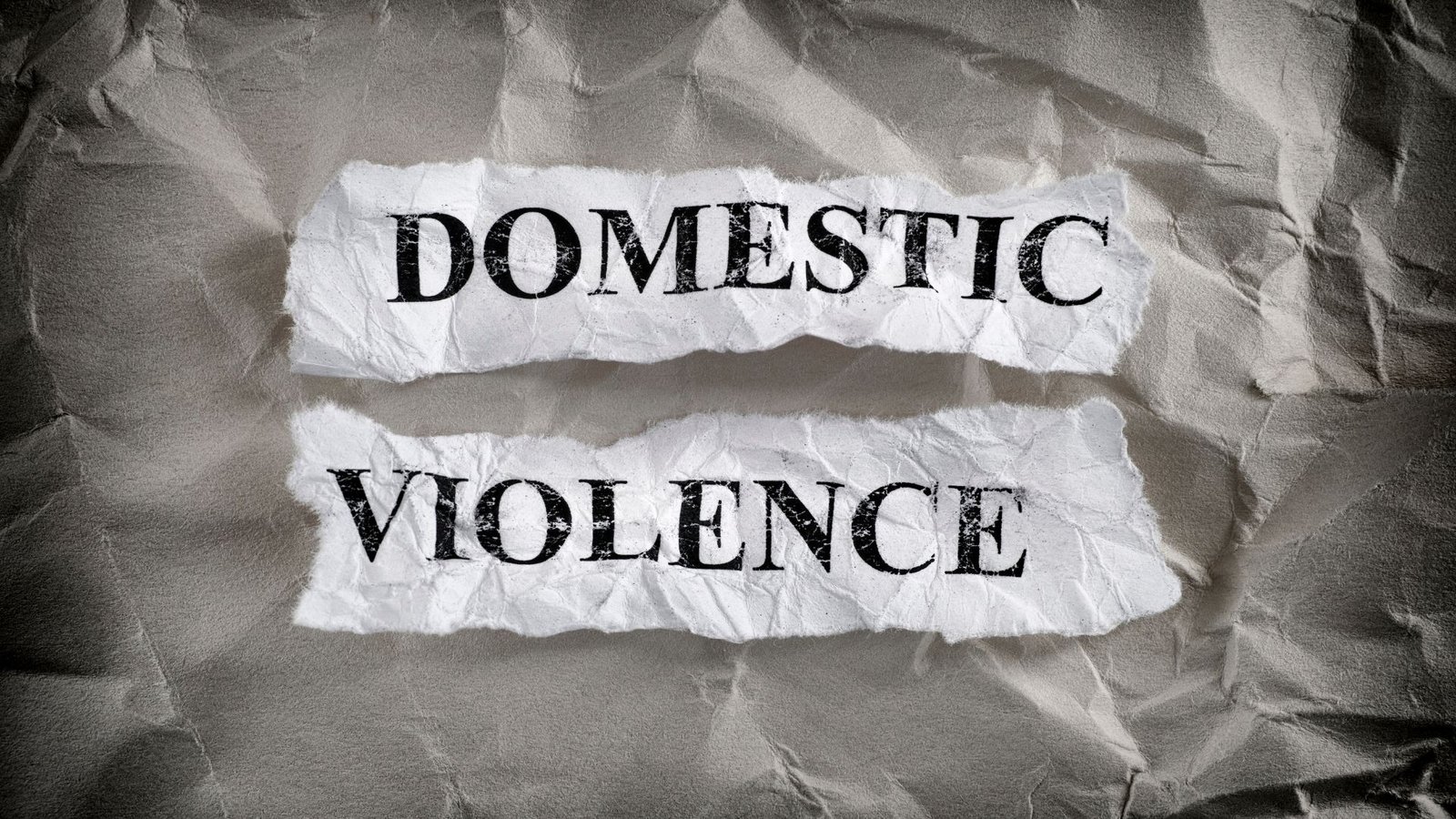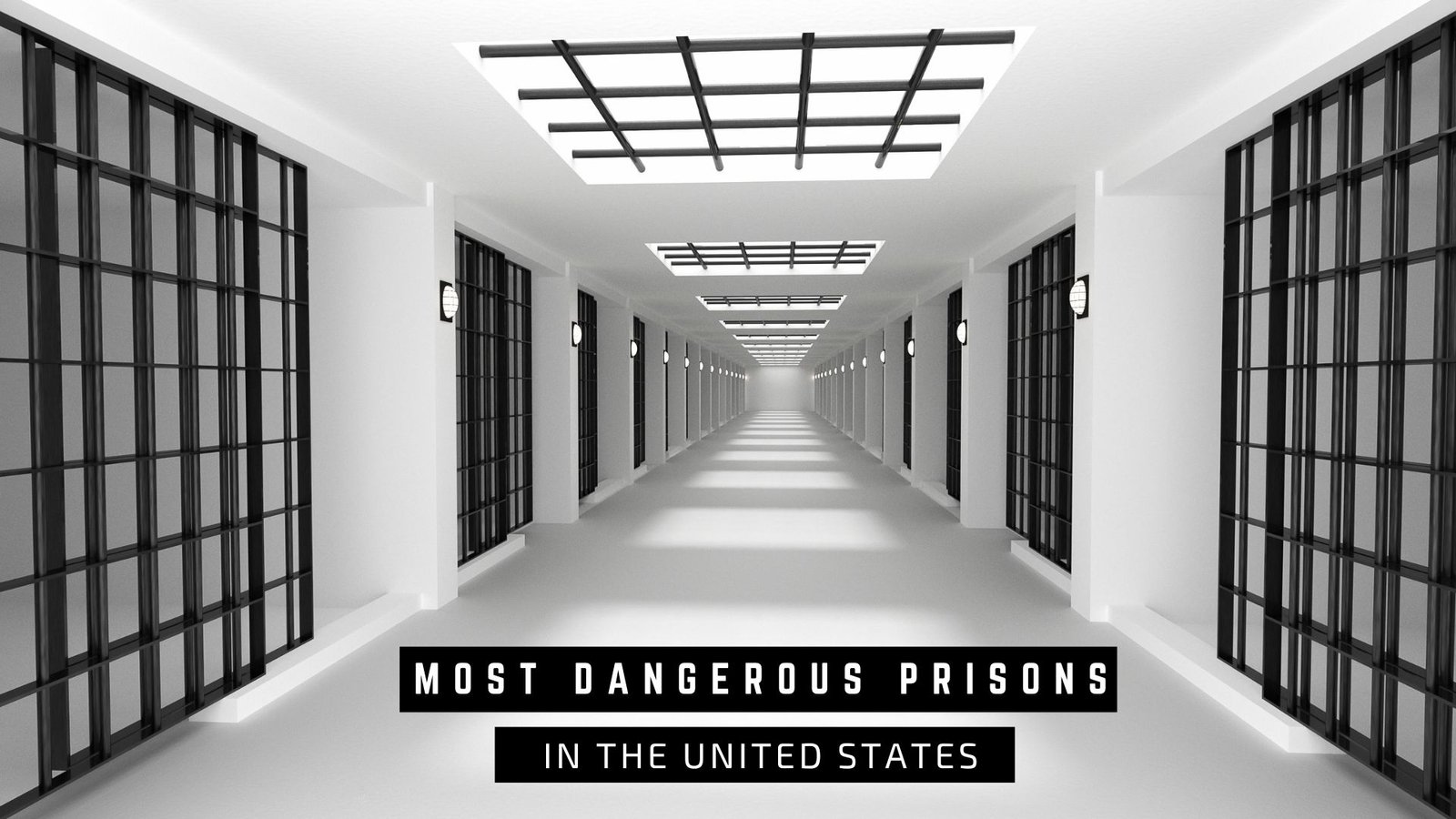On this page you will read detailed information about Sentencing for Domestic Violence Convictions in the U.S. Criminal Justice System.
You may wonder what sentencing typically looks like for those convicted of domestic violence charges. With domestic violence remaining a critical issue across the country, many consider what consequences exist within the criminal justice system to deter further abuse. This article explores typical sentencing for misdemeanor and felony domestic violence convictions, including factors judges consider when determining jail time. It analyzes sentencing trends and aims to educate on the legal repercussions in place for these crimes.
Understanding Domestic Violence Charges and Penalties
Domestic violence is a serious criminal offense that can carry severe legal consequences. If convicted of domestic violence, you may face jail or prison time, fines, probation, counseling, or mandated rehabilitation programs. The exact penalties will depend on the details of your case and charges.
Types of Domestic Violence Charges
The specific domestic violence charges brought against you will determine potential sentences. Common charges include:
- Assault: Physically harming another person. Can range from misdemeanor to felony.
- Battery: Unlawful use of force against another resulting in harmful or offensive contact. Typically a misdemeanor.
- Aggravated assault: Assault with a deadly weapon or with intent to commit another crime. Usually a felony.
- stalking: Repeatedly harassing or threatening another person. Can be charged as a misdemeanor or felony.
Sentencing for Domestic Violence Convictions
For a misdemeanor domestic violence conviction, you may face up to one year in county jail, fines up to $5,000, counseling, community service, probation, or restraining orders. Felony convictions can result in years of imprisonment, heavy fines, and an extended probation period.
The court may also issue protective orders, requiring you to stay away from and avoid all contact with the victim for up to 5 years. Violating a protective order is a serious offense that may lead to additional charges.
In the previous post, we had shared information about Top 10 Most Dangerous Prisons in the United States, so read that post also.
Other penalties may include:
- Mandated domestic violence counseling or rehabilitation program
- Community service
- House arrest with electronic monitoring
- Loss of child custody or visitation rights
- Lifetime prohibition of firearm ownership (for felony convictions)
The consequences of a domestic violence conviction go beyond legal penalties. You may face damage to your reputation, relationships, and career opportunities. The social stigma around domestic violence can haunt those convicted of such crimes indefinitely.
In summary, domestic violence is not treated lightly in the U.S. criminal justice system. If convicted of domestic violence charges, you should expect to face penalties that could significantly impact your life and freedom for years to come. The specifics of your case and charges will determine the severity of punishment. But in all cases, the court aims to punish the offender, protect the victim, and prevent future violence.
Factors That Influence Domestic Violence Sentencing
When determining appropriate punishment for domestic violence convictions, judges consider several factors that can influence the length and severity of sentences.
The nature and severity of the offense is one of the most significant factors. More violent acts that result in physical harm or injury typically warrant longer jail time and harsher penalties. For example, a conviction for misdemeanor assault may only result in probation, while a felony aggravated assault could lead to years of incarceration. The use of a weapon during the commission of the crime is also an aggravating factor that generally increases sentence length.
The criminal history of the defendant plays a role in sentencing decisions. Offenders with a history of domestic abuse or other violent offenses will usually receive longer sentences than first-time offenders as repeat offenders are seen as an increased threat. Prior restraining order violations can also be considered.
Victim impact statements allow victims to describe the physical, emotional and financial effects of the crime. These statements are considered by the judge and can influence the severity of the punishment, especially in cases where the violence was severe or caused lasting harm.
Acceptance of responsibility by the offender, such as a guilty plea, may lead to a somewhat reduced sentence. Lack of remorse, on the other hand, is viewed as an aggravating factor.
Other factors like substance abuse problems, mental health issues, or a willingness to undergo court-mandated counseling may also affect the judge’s decision. Socioeconomic factors such as education level and employment status can sometimes impact sentencing at the discretion of the judge.
In summary, domestic violence sentences are determined based on the specific details of the offense as well as characteristics of both the defendant and victim. While judges aim to tailor punishments to fit the crime, sentencing for these offenses ultimately depends on many complex factors.
Minimum and Maximum Prison Sentences for Domestic Violence Convictions
When convicted of domestic violence in the U.S., you may face both minimum and maximum prison sentences, depending on the severity of the offense.
For a misdemeanor domestic violence conviction, the minimum sentence is usually 6-12 months in county jail. The maximum sentence for a misdemeanor can be up to 1 year incarceration and a fine of up to $1000-$2000.
For a felony domestic violence conviction, minimum sentences range from 16 months to 10 years in state prison, depending on the exact charges and whether it is your first offense. Maximum sentences for felonies can be up to 25 years to life in prison for extreme cases involving aggravated assault or battery. Fines for felonies typically start at $1000 and can be as high as $100,000.
Enhanced Penalties
If convicted of domestic violence, the court may also impose enhanced penalties for repeat or aggravated offenses:
- Repeat Offense: If convicted of domestic violence more than once, you face mandatory minimum sentences of a few months up to 1-3 years in prison, even for misdemeanors. The maximum sentence for a repeat misdemeanor is up to 2-5 years incarceration.
For felony repeat offenses, you face 3-10 years minimum and up to 25 years to life maximum.
- Aggravated Offense: If the domestic violence involved the use of a deadly weapon, caused traumatic injury, was committed in front of a minor, or was a violation of a protective order, you face significantly increased penalties. Aggravated misdemeanors have minimum 6 months up to 2-5 years; aggravated felonies have minimum 3-10 years and maximum 8-25 years to life.
- Probation and Parole: Following any incarceration period, courts frequently impose probation, parole, mandatory counseling, and protective orders as additional penalties for domestic violence convictions. Failure to comply with these can result in additional jail time and fines.
The specific penalties for a domestic violence conviction depend on the laws of your state and details of your particular case. However, in general, you can expect progressively more severe punishment for repeat and aggravated offenses in order to deter this serious crime.
Alternative Sentencing Options for Domestic Violence Offenders
Domestic violence offenders may be eligible for alternative sentencing options instead of jail time. These alternative options aim to rehabilitate the offender and prevent future offenses, while still holding them accountable for their actions.
Batterer intervention programs
Batterer intervention programs, also known as BIPs, are counseling programs designed specifically for domestic violence offenders. They focus on confronting the offender’s abusive behaviors and attitudes, promoting accountability, and teaching alternative strategies for conflict resolution and healthy relationships. Offenders are required to complete a certain number of hours of counseling over a period of weeks or months.
Probation
Offenders may be sentenced to a period of probation, where they are released into the community under court-ordered supervision. Probation officers monitor the offender to ensure they comply with the conditions of their probation, which often include no further offenses, maintaining employment, and completing a BIP. Non-compliance can result in jail time.
Community service
Requiring an offender to complete a certain number of hours of community service is another alternative sentencing option. The goal is to give back to the community that was harmed by the offense. Community service hours may involve tasks like cleaning up parks, painting over graffiti, serving meals at homeless shelters, etc.
Restitution
The court may order an offender to pay restitution to the victim to cover costs like medical bills, lost wages, property damage, etc. Restitution holds the offender financially accountable for the harm caused and can be made in addition to other alternative sentences.
While alternative sentencing aims to rehabilitate offenders and prevent recidivism, some argue that it does not provide enough punishment or deterrence. There is also a risk of re-offense before the completion of the alternative sentence. However, research shows that alternative sentencing for domestic violence can be effective, especially when combined with close monitoring and supervision. The specific approach should be tailored to the details of each individual case.
Conclusion
As you have seen, domestic violence convictions can result in serious criminal penalties under state and federal laws. While sentencing varies based on factors like criminal history and state statutes, those found guilty may face fines, probation, counseling programs, and years in prison. Understanding the legal consequences can empower victims to report abuse and seek help. There are also rehabilitation programs available for convicted offenders in some cases. Addressing this complex issue in a thoughtful, compassionate way remains critical as we build a more just society.
Disclaimer
The information and services on this website are not intended to and shall not be used as legal advice. You should consult a Legal Professional for any legal or solicited advice. While we have good faith and our own independent research to every information listed on the website and do our best to ensure that the data provided is accurate. However, we do not guarantee the information provided is accurate and make no representation or warranty of any kind, express or implied, regarding the accuracy, adequacy, validity, reliability, availability, or completeness of any information on the Site. UNDER NO CIRCUMSTANCES SHALL WE HAVE ANY LIABILITY TO YOU FOR ANY LOSS OR DAMAGE OF ANY KIND INCURRED AS A RESULT OR RELIANCE ON ANY INFORMATION PROVIDED ON THE SITE. YOUR USE OF THE SITE AND YOUR RELIANCE ON ANY INFORMATION ON THE SITE IS SOLELY AT YOUR OWN RISK. Comments on this website are the sole responsibility of their writers so the accuracy, completeness, veracity, honesty, factuality and politeness of comments are not guaranteed.
So friends, today we talked about Sentencing for Domestic Violence Convictions in the U.S. Criminal Justice System, hope you liked our post.
If you liked the information about Sentencing for Domestic Violence Convictions in the U.S. Criminal Justice System, then definitely share this article with your friends.









